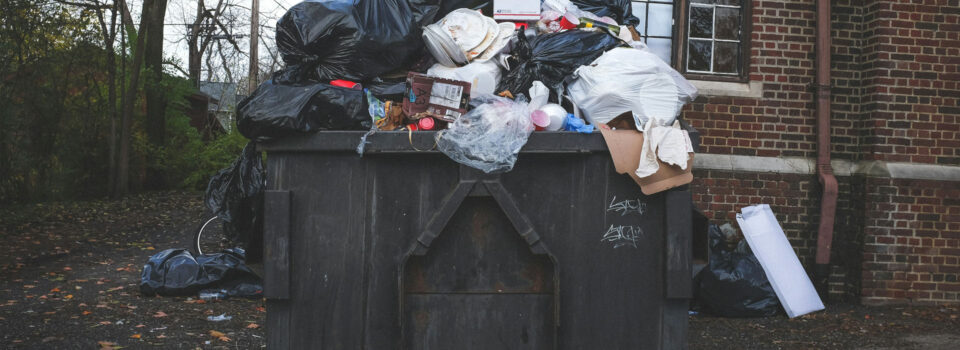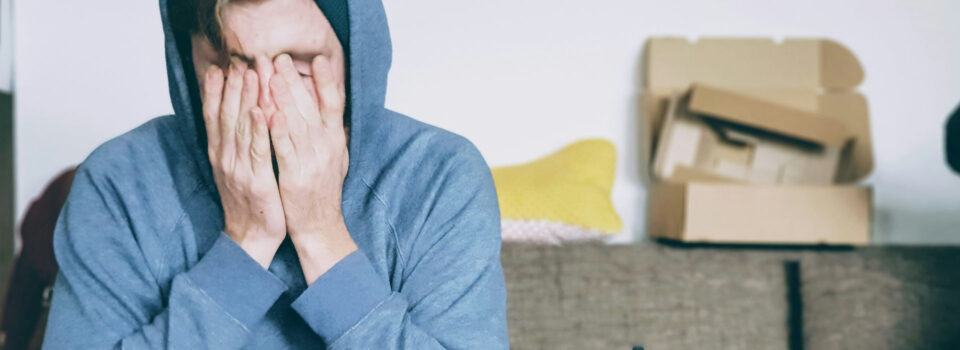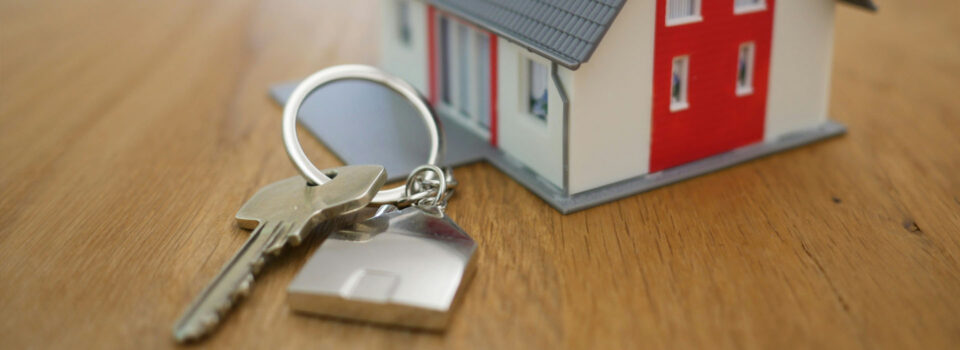6 signs you’re becoming a hoarder and what to do about it
A lot of the hoarders we work with don’t even realise they’re hoarding. Hoarders who require help to de-clutter their home often need a sensitive approach. There can sometimes be reason behind the hoarding which is emotional.
Many hoarders eventually reach out to us feeling embarrassed, having put off getting in touch for sometimes years. We always assure them that it’s not our job to judge and there’s nothing we haven’t seen before. We help hoarders on a weekly basis and we thought it may be useful to document the common things we see that you may reconginse from your own habits.
1. Cupboards full of old food
A hoarder’s cupboards will often be full to the brim of food. You’re thinking, ‘great, so what?’. Well these items' ‘use by’ dates often go back to the 70s…
An initial step in the right direction may be to tackle one cupboard at a time, simply disposing of the out of date items.
2. Unnecessary shopping
Are you going shopping for the sake of being seen to be shopping? Many hoarders enjoy the shopping experience and also enjoy the feeling of being seen to be out spending money. Even when they don’t need anything.
3. Losing loved ones
A habit often associated with hoarders can be isolation. Not wanting to leave your home or see loved ones. People who we speak to often describe themselves as a ‘recluse’, as they simply wanted to be alone in their own surroundings.
4. Avoiding visitors
Whether it’s refusing friends' visits or ignoring the doorbell, hoarders often find themselves avoiding visitors completely. We’ve been told that this is usually because they’re embarrassed of their surroundings. They don’t want anyone else to see the state they’re living in.
5. Find it difficult to organise
The thought alone of categorizing a hoarder’s items can be impossible to them. They can find it difficult to consider any kind of order in their home.
Hoarding can be an unproblematic part of everyday life to many. But to others, it can cause severe mental health problems. It starts to become a problem when it’s hard to clean the property (leading to hygiene problems); it’s difficult to escape in the event of an emergency; it’s causing falls; it’s affecting mental health.
The NHS has some fantastic information that we know has helped our previous clients. You can find it here. It explains hoarding in more detail, what to do if you’re a hoarder and what to do if your loved one is hoarding. It also explains about treatment.
When people reach out to us for help, we know we have to do our best to support them in the process of clearing out their home. We provide a helpful, sensitive and efficient service that is tailored to what kind of support you’ll need.
You can get a free, no obligation quote by calling us on 07909846679 or 01452290086. We’ll be happy to help you on your journey away from hoarding.



